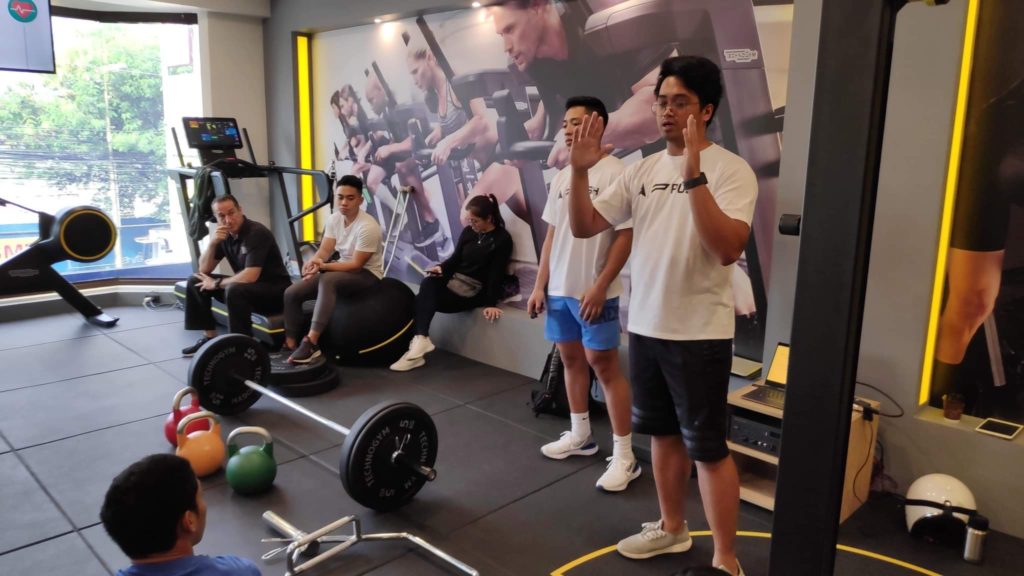
Title: Building Strength: A Guide to Selecting Personal Trainers for Strength Training in the Philippines
Introduction:
Embarking on a strength training journey can be both exciting and daunting. With the guidance of a knowledgeable personal trainer, individuals can navigate the complexities of strength training, optimize their workouts, and achieve their fitness goals efficiently. In the Philippines, the demand for personal trainers specializing in strength training is on the rise, but finding the right one can be challenging. This guide aims to provide valuable insights and practical tips for selecting personal trainers for strength training in the Philippines.
-
Understanding the Importance of Personal Trainers in Strength Training:
- Discuss the role of personal trainers in providing personalized guidance, motivation, and accountability to individuals pursuing strength training goals.
- Highlight the benefits of working with a personal trainer, including proper exercise technique, program design, and progression to prevent injuries and maximize results.
-
Qualities to Look for in Personal Trainers for Strength Training:
- Qualifications and Certifications: Emphasize the importance of selecting personal trainers with relevant certifications from reputable organizations such as NASM, ACE, or ISSA.
- Experience and Expertise: Seek personal trainers with experience in strength training and a track record of helping clients achieve their desired results.
- Specialization: Consider personal trainers who specialize in strength training or have additional certifications in areas such as corrective exercise, sports performance, or nutrition.
-
Assessing Training Philosophy and Approach:
- Individualized Programming: Look for personal trainers who prioritize individualized programming tailored to each client’s goals, preferences, and physical capabilities.
- Communication and Support: Evaluate the trainer’s communication style and ability to provide constructive feedback, motivation, and support throughout the training process.
- Goal Setting and Progress Tracking: Ensure the trainer emphasizes goal setting and provides methods for tracking progress, such as regular assessments and performance benchmarks.
-
Researching and Selecting Personal Trainers:
- Referrals and Recommendations: Seek recommendations from friends, family, or fellow gym-goers who have had positive experiences with personal trainers specializing in strength training.
- Online Reviews and Testimonials: Utilize online platforms and review websites to research personal trainers, read client testimonials, and gauge their reputation and credibility.
- Initial Consultation: Schedule an initial consultation or trial session with prospective personal trainers to assess compatibility, discuss goals, and evaluate their training style.
-
Building a Successful Trainer-Client Relationship:
- Clear Communication: Establish open and honest communication with your personal trainer regarding your goals, preferences, any injuries or limitations, and feedback on the training program.
- Consistency and Commitment: Prioritize consistency and commitment to the training program, follow the trainer’s guidance, and communicate any challenges or concerns along the way.
- Mutual Respect and Trust: Cultivate a relationship built on mutual respect, trust, and collaboration, where both the client and the trainer are committed to achieving success together.
Conclusion:
Selecting the right personal trainer for strength training in the Philippines is a crucial step towards achieving your fitness goals and building strength effectively. By understanding the qualities to look for in a personal trainer, researching and selecting the right fit, and fostering a successful trainer-client relationship, individuals can embark on a journey of growth, empowerment, and transformation. Invest in your strength training journey today and unlock your full potential with the guidance of a skilled and dedicated personal trainer.
No Comments Yet